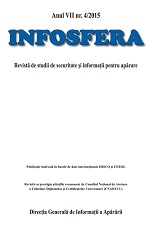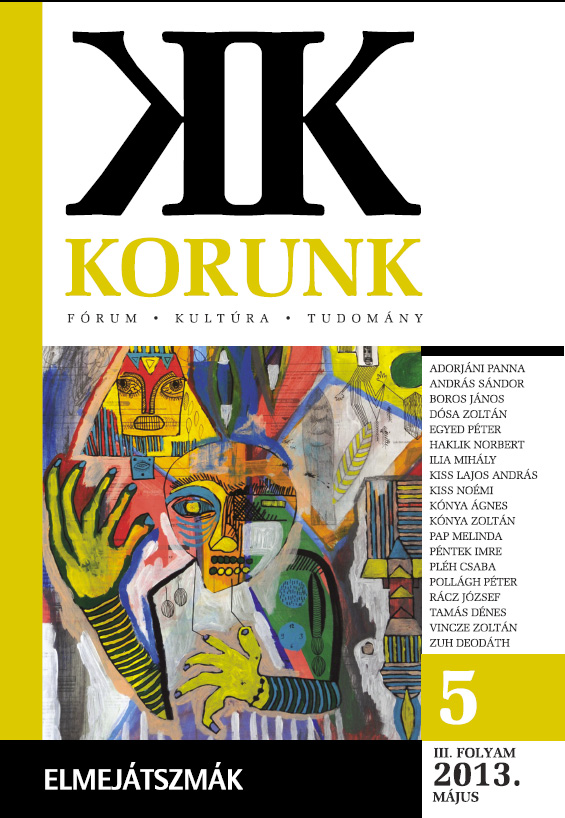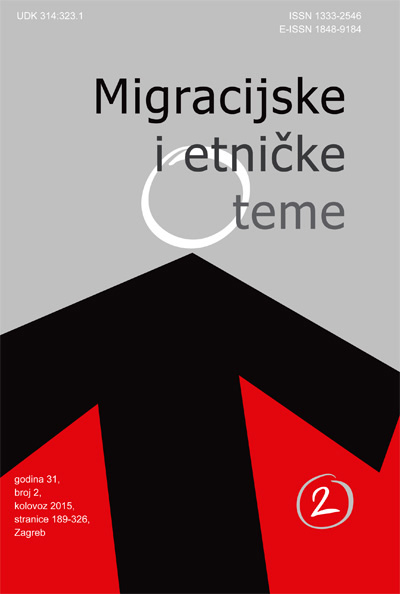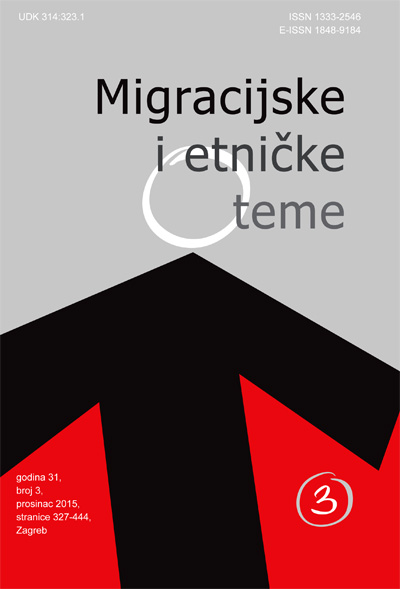
Chinese efforts to promote its strategic interests in the South China Sea
Demersuri chineze pentru promovarea intereselor strategice în Marea de Sud a Chinei
Keywords: conflict; instability; crisis; tension; transition; legislation; defence strategy; Asia-Pacif c; South-East Asia; China; Japan; Korea; Dprk; Taiwan; Philipine; Vietnam; Malaesya; Brunei; Sua
The rising importance of Asia-Pacific region and its major positive impact over the global economy and also the political, economical and military developments of the region’s states had as effect the disputes debacle generated by the territorial strifes from region. It is well-known the fact that the main tensions in the region are generated by the different interpretation of these actors, based on their own strategic interests, its evolutions being very diffi cult to manage due to the fact that any decision to support one of the parts is based on pure political consideration and less by the historical and, sometimes, geographic truth. Furthermore, taking into consideration the throwing back of the differences regarding the demarcation of the boundaries (terrestrial and maritime), the claims over the unilateral exploitations of some energy resources (oil, natural gas), mineral (gold, platinum) and detention of the maritime transport routes, it could be stated that the potential to burst an open confl ict is proning to rise. In this context of regional and international security, China`s incisive behaviour toward the South China Sea was increasing simultaneously with the state's economic development and with the tightening of competition with USA in Asia-Pacific region. In Chinese foreign strategy, South China Sea is the “boundary line” between China and USA, and the Beijing`s force demonstrations in area are destined to Washington and not to region`s states (including those with territorial claims in SCS) to which keeps up availability to dialog and cooperation. The perseverence to which China is holding on its ambiguity regarding the decision to use the “9-Dashes-lines-map” in order to claim total sovereignity over the entire maritime area included within the “9-Dashes-lines” could be viewed also as a possible preservation of flexibility in pursuing its maritime claims in SCS while making it more diff cult for the other regional actors to defi ne specific objectives or pursue legal challenges to those claims. It does appear clear that, next to Chinese Law on Territorial Sea and Contiguos Zone, enacted in 1992, the implementation, beginning with January 1st 2014, of some fishing regulations in area represent more than evidences of the Chinese administrative control wielded by facto in almost entire SCS. China and USA in a dangerous spire of proving their supremacy in this area.
More...


